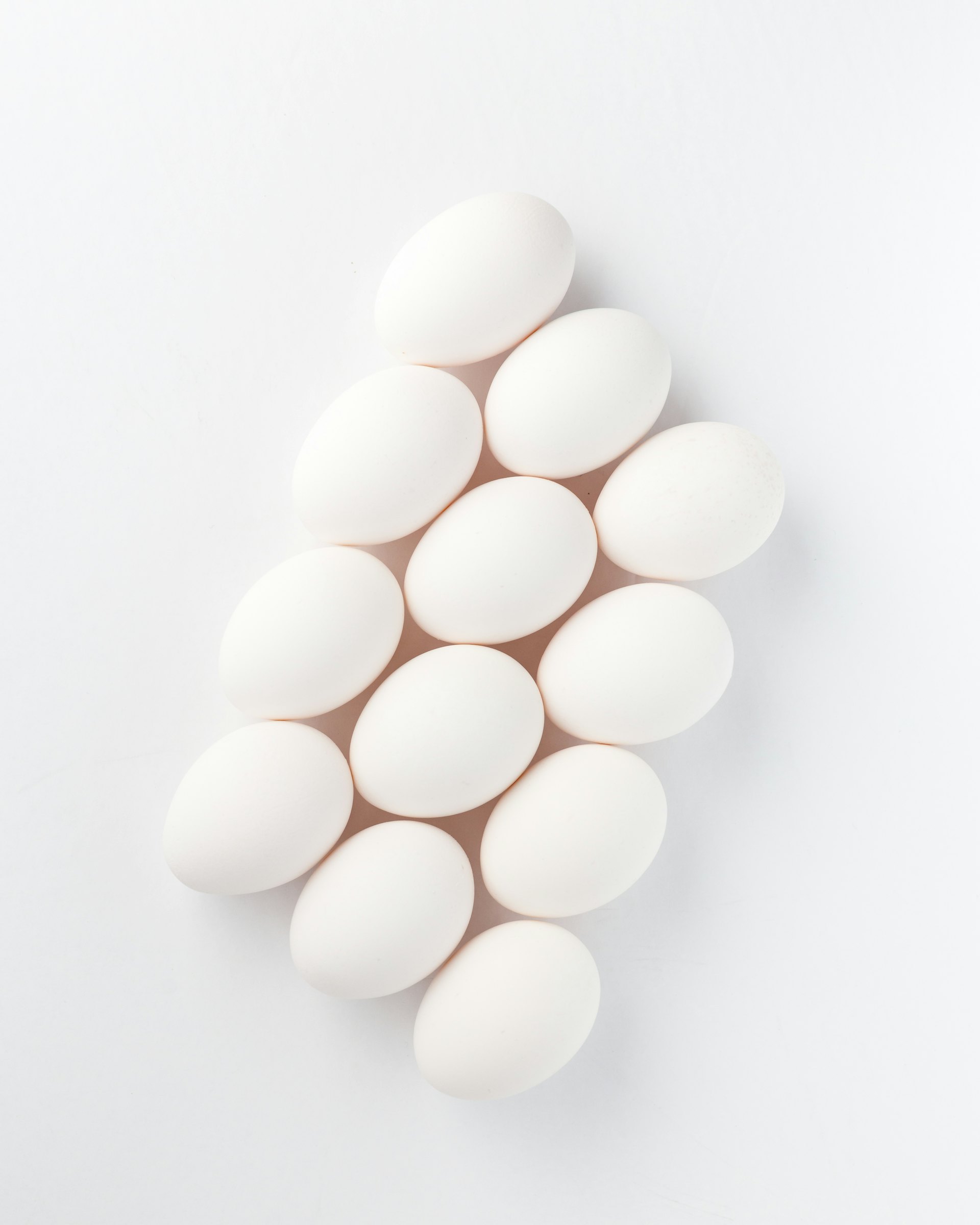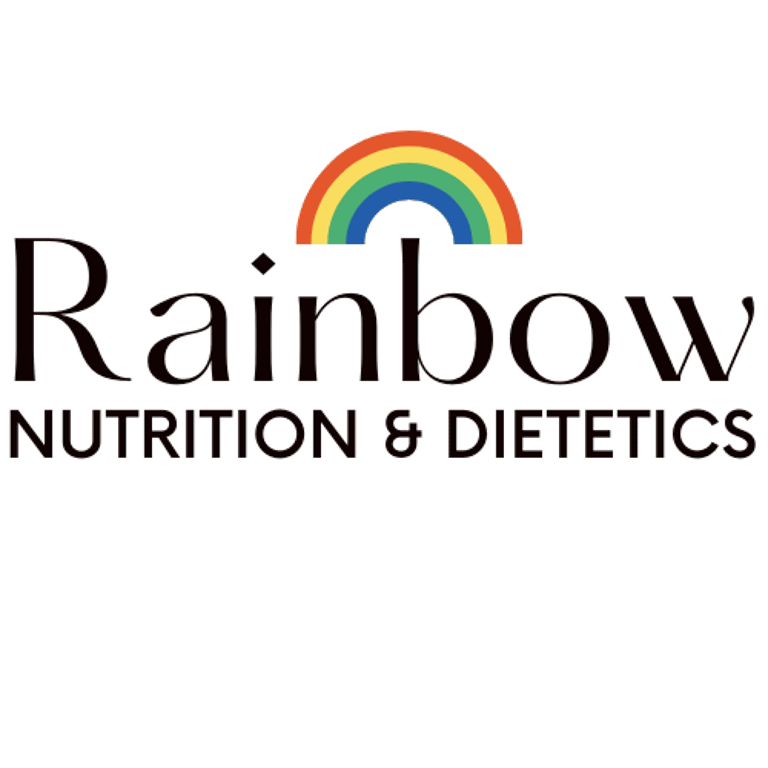
Effect of Protein on Chronic Kidney Disease
CHRONIC KIDNEY DISEASE
Protein is a type of macronutrient that you get from the food you eat. Examples of protein rich food include red meat (pork, beef, veal, lamb), chicken, turkey, fish, egg, dairy, tofu, nuts and seeds, soy, legumes and beans. When you eat protein, it is broken down into basic building blocks called amino acids to build muscle, repair tissue, fight infection, and for energy. Any excess protein that you eat will be converted into nitrogenous waste products (eg. urea and creatinine) and removed from the body in the urine by the kidneys.
1. Protein and Excess
2. If I Have Built-up of Nitrogenous Waste Products, What Will Happen?
If you have CKD, your kidney function drops and the severity will depend on which stage you are. With that, the ability of your kidneys to remove nitrogen waste products will drop too and the waste products start to build up in your blood. Unfortunately, the bad news now is that nitrogenous waste products are toxic. The accumulation of these waste products causes a condition called uremic toxicity and can affect your gut, blood, mental, and sensory. As a result, one will experience:
a) Nausea, vomiting, diarrhea, and ulcers
b) Bleeding tendency
c) Mental changes such as reduced alertness, insomnia, difficulty concentrating, and can progress to convulsions and coma
d) Taste change and loss of taste
4. Does the Type of Protein I Eat Matter?
References:
1. Sherwood, Lauralee. Human Physiology : from Cells to Systems. Belmont, CA :Brooks/Cole, Cengage Learning, 2013.
2. Ko GJ, Obi Y, Tortorici AR, Kalantar-Zadeh K. Dietary protein intake and chronic kidney disease. Curr Opin Clin Nutr Metab Care. 2017 Jan;20(1):77-85. doi: 10.1097/MCO.0000000000000342. PMID: 27801685; PMCID: PMC5962279.
3. Dickson LE, Wagner MC, Sandoval RM, Molitoris BA. The proximal tubule and albuminuria: really! J Am Soc Nephrol. 2014;25(3):443-53.
4. Study A: Haring B, Selvin E, Liang M, Coresh J, Grams ME, Petruski-Ivleva N, et al. Dietary Protein Sources and Risk for Incident Chronic Kidney Disease: Results From the Atherosclerosis Risk in Communities (ARIC) Study. Journal of Renal Nutrition. 2017;27(4):233-42.
5. Study B: Lew Q-LJ, Jafar TH, Koh HWL, Jin A, Chow KY, Yuan J-M, et al. Red Meat Intake and Risk of ESRD. Journal of the American Society of Nephrology. 2017;28(1):304.
3. Effect of Eating Too Much Protein on Kidneys
If you are at risk (eg. diabetes and hypertension) or already have CKD, consuming too much protein can damage your kidney structures. A high protein intake will make your body wanting to work harder to excrete more nitrogenous waster products. To do this, there will be an increase of blood flow in your kidneys so that waster filter can happen in a faster manner.(2) Imagine a rock that sits by the beach and being hit by strong wave everyday. Can you tell me what would happen to the rock after a while? Same goes to your kidneys (the rock being the analogy). What happens next is that when there is damage formed in the kidney structure, more albumin (a form of protein) will leak into the urine. When there is protein in the urine, we call this condition as proteinuria. Evidence suggested that proteinuria can in turn induce kidney tissues death (3) and further damage your kidney structures.
Now, you may ask, how do I know whether I eat too much protein? Unfortunately, there is no one size fits all. It will depend on your body size, your CKD stage, and the amount of protein you may have in your urine. What about if I just eat little protein? Too little protein intake is not good either, remember the role of protein? So, one should aim to eat the right amount of protein each day. A dietitian with special interest in CKD can help you to figure out how much protein you need.
There were two huge scientific studies published in 2017 looking at the relationship between type of protein consumed and Chronic Kidney Disease (CKD) or End-Stage Kidney Failure (ESRD).
Study A: 23 years follow up of 11,952 adults aged 45-64 years old from US who were free of diabetes, heart disease, and chronic kidney disease (4)
Study B: 15.5 years follow up of 60,198 Chinese adults aged 45-74 years old in Singapore (5)
From these two studies, what they found were:
i) You are more likely to get CKD if you eating a lot of red meat (eg. pork, beef, veal, lamb) and processed meat. (Study A)
ii) There is less chances to get CKD and ESRD if you are eating a lot of plant protein.(Study A &B)
iii) You are less likely to get CKD if you are having low-fat dairy products. (Study A)
iv) You are less likely to get CKD but NOT ESRD if you are having good amount of fish and seafood. (Study A & B)
proteiV) Having poultry and eggs does not increase or lower the risk of getting CKD and ESRD. (Study A & B)
Interestingly, Study A found that if you replace red and processed meat in the diet with plant protein or low-fat dairy products, you may lower the risk of getting CKD. Meanwhile, Study B observed that by simply replacing one serving of red meat with either one serving of poultry, fish, eggs, or plant protein resulted in a decline of ESRD risk.
Now, these two studies focused on the types of protein amongst other food that were eaten by the studied population or community. Therefore, there is a high chance that other factors as well as lifestyle difference could influence the results. CKD is a complicated disease and so one should not think that these observational results alone will be able to preserve kidney function. What I mean here is that they are part of the whole picture, you still need to change the way you eat on top of these results. However, one recommendation that you can draw here is that "limiting red meat and processed meat will definitely help to slow the progression of CKD".
5. What this means to me if I have CKD?
Having the knowledge on protein and the effect on CKD could empower you to act to preserve your kidney function. Work with a dietitian with special interest in CKD and your doctor to get the right guidance on the proper way towards preserving your kidney function. Always check your blood test result for eGFR reading, has it been <60 mL/min? If so, act fast to preserve as much kidney function as possible. The earlier you act, the more opportunity you can get. What's more, you can enjoy more food if you start working with a dietitian with special interest in kidney early.
